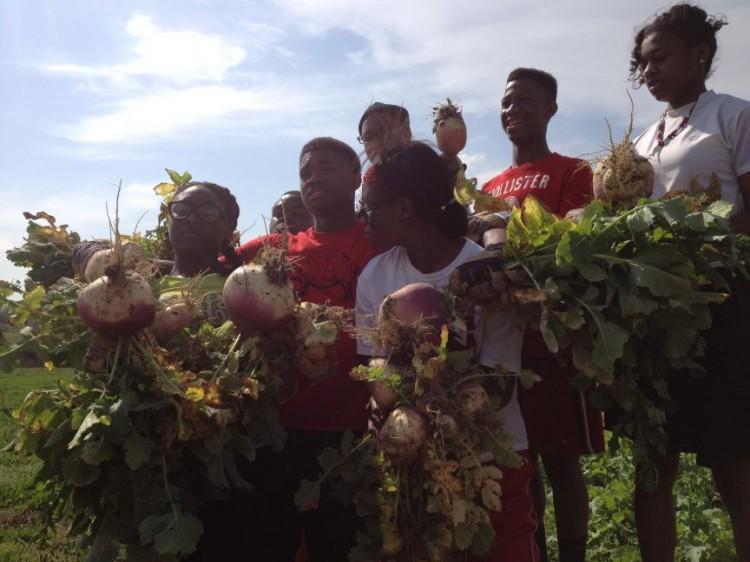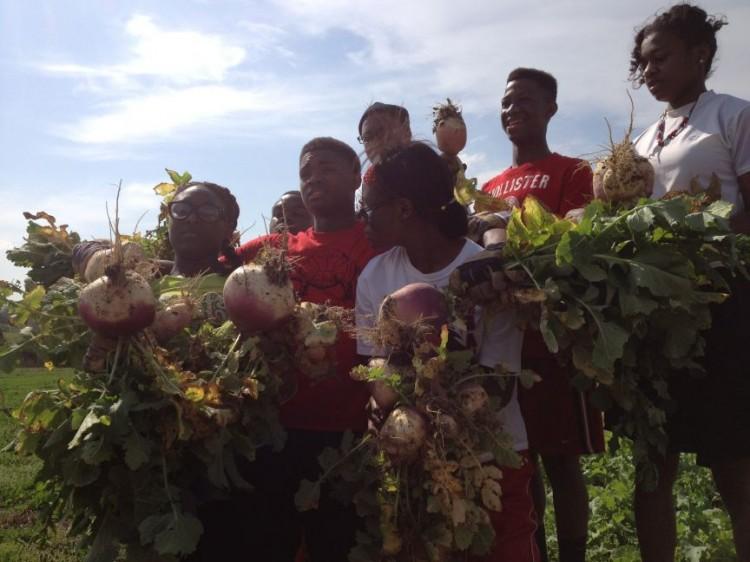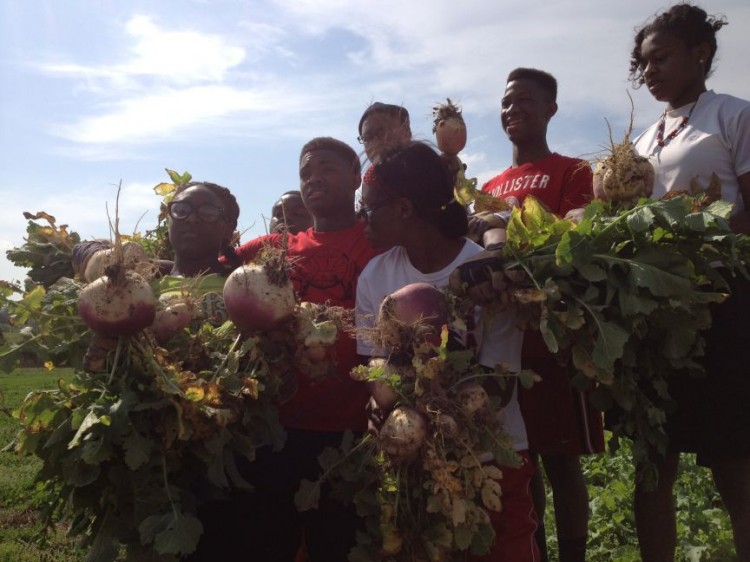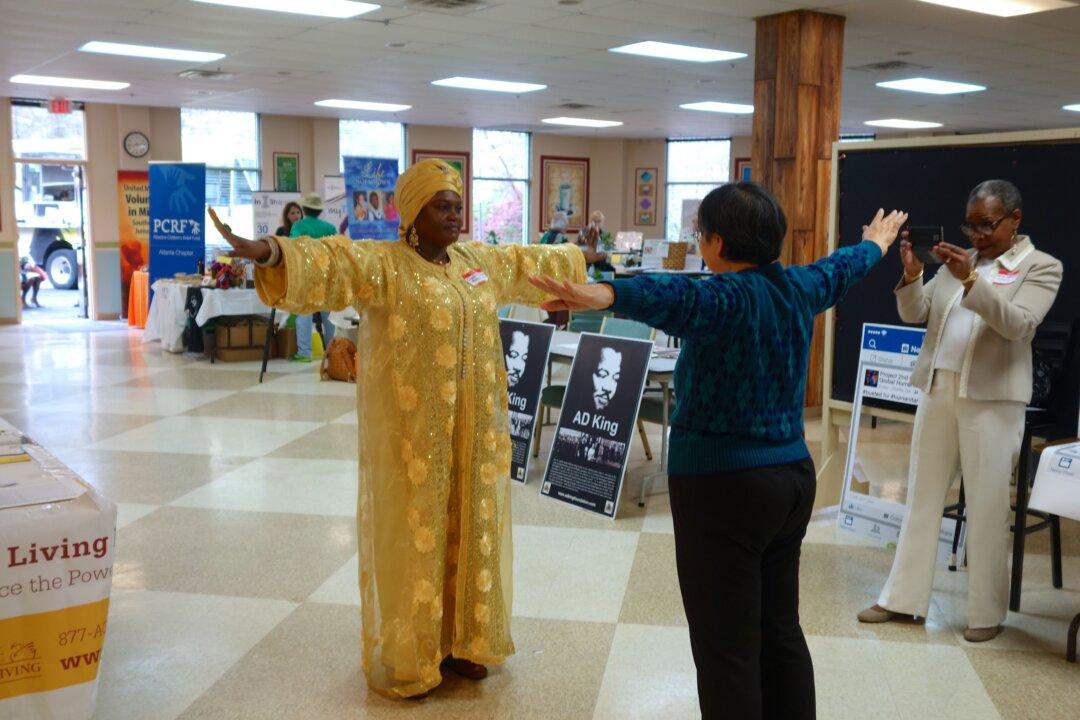Teenagers have a harder time finding work than any other age group, but an unusual coalition in Memphis, Tenn., is trying something new to bring their teens into the work world.
A pilot program of the Farm to Fork Fellowship of Shelby Farms Park employs 25 students who grow food to sell to the school system. The Peer Power Foundation, affiliated with East High School, recruits, interviews, and hires the teens.
Urban Farm Combats Youth Unemployment
Teenagers have a harder time finding work than any other age group.

Farm to Fork students hold turnips they grew at Shelby Farms Park. Matt Farr/Shelby Farms Park Conservancy
|Updated:
Mary Silver writes columns, grows herbs, hikes, and admires the sky. She likes critters, and thinks the best part of being a journalist is learning new stuff all the time. She has a Masters from Emory University, serves on the board of the Georgia chapter of the Society of Professional Journalists, and belongs to the Association of Health Care Journalists.
Author’s Selected Articles






